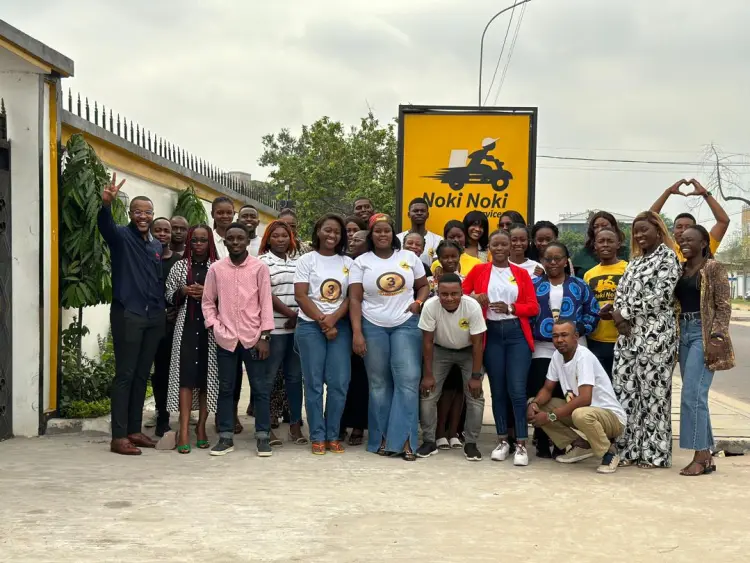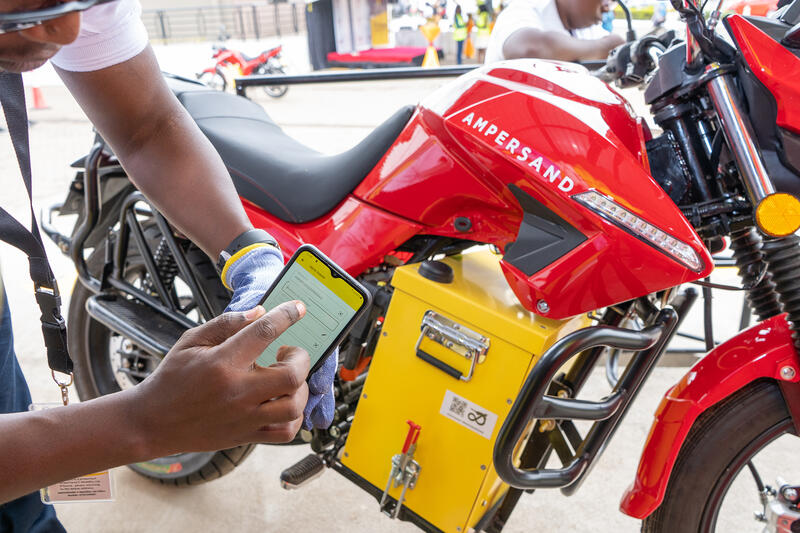Day: June 20, 2024
-

Safaricom and Pezesha Partner to Offer Micro-Loans to Small Businesses in Kenya
Kenyan mobile operator Safaricom has partnered with fintech company Pezesha to offer micro-loans to users of its Pochi La Biashara business payment service.
-

Congolese Delivery Startup Noki Noki Secures $3 Million in Seed Funding
Noki Noki, a fast-growing Congolese logistics company specializing in food delivery and grocery shopping assistance, has secured $3 million in seed funding.
-

Rwandan Startup and BYD Team Up to Electrify Africa’s Motorcycle Taxis
Rwandan e-mobility startup Ampersand has joined forces with BYD, the world’s leading electric vehicle manufacturer, to revolutionize Africa’s motorcycle taxi industry.